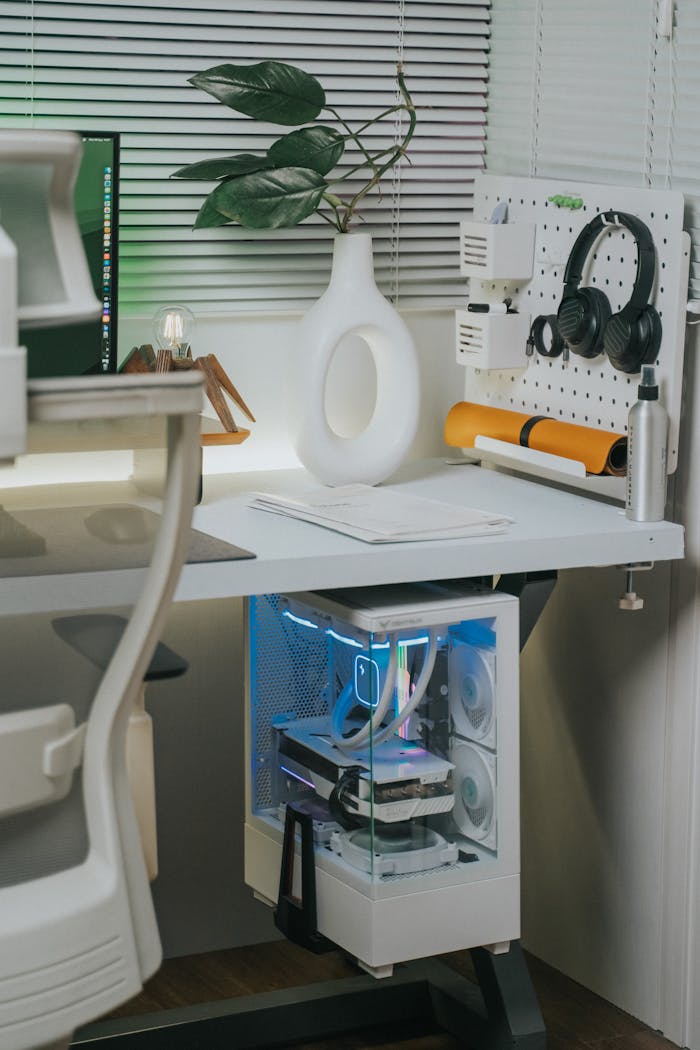Introducing
Windows errors can disrupt your work, slow down your system, and even lead to crashes. Whether you’re facing blue screen errors, application crashes, or system freezes, fixing these issues promptly can enhance your computer’s stability and performance. In this article, we’ll cover common Windows errors and how to resolve them efficiently.
1. Fixing Blue Screen of Death (BSOD)
BSOD errors often occur due to hardware issues, driver conflicts, or corrupted system files. Here’s how to fix them:
- Update Drivers: Open Device Manager, right-click the problematic device, and select Update driver.
- Check for Windows Updates: Go to Settings > Windows Update and install available updates.
- Run System File Checker: Open Command Prompt (Admin) and type:
sfc /scannow
This will scan and repair corrupted system files.
2. Fixing Application Crashes
If an application crashes frequently:
- Check for software updates: Outdated applications can have compatibility issues.
- Run in Compatibility Mode: Right-click the app, go to Properties > Compatibility, and try running it in an older Windows version.
- Reinstall the application: Corrupt installations can cause crashes, so uninstall and reinstall the program.
3. Resolving Slow System Performance
If your PC is lagging:
- Check Task Manager: See which processes are consuming CPU/RAM and close unnecessary ones.
- Disable Background Apps: Go to Settings > Privacy > Background apps and disable unnecessary ones.
- Perform a Clean Boot: Run msconfig, go to the Services tab, check Hide all Microsoft services, and disable non-essential services.
4. Fixing Internet Connection Issues
If your internet is slow or disconnects frequently:
- Restart your router and computer.
- Update network drivers via Device Manager.
- Reset network settings: Open Command Prompt (Admin) and type:
netsh winsock reset
By identifying and fixing common Windows errors, you can maintain a stable and smooth computing experience without unnecessary frustration.



